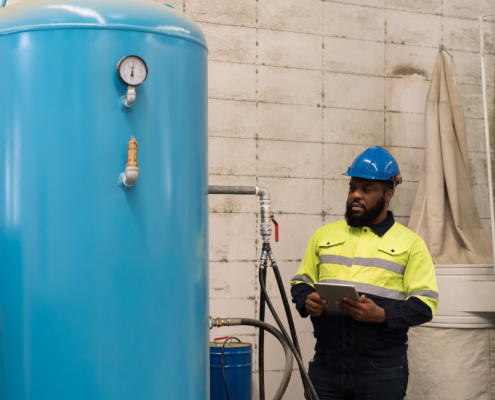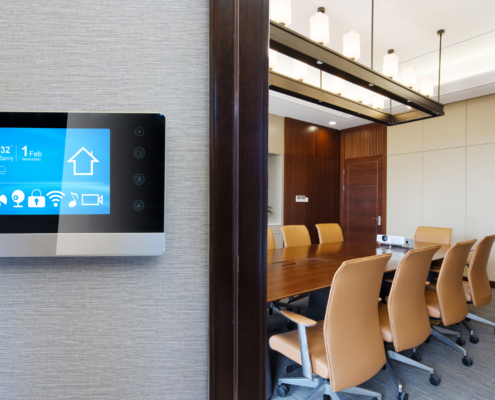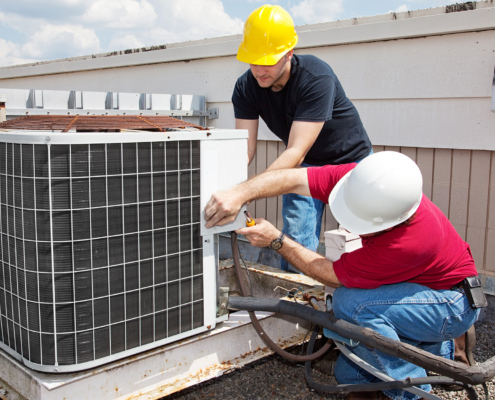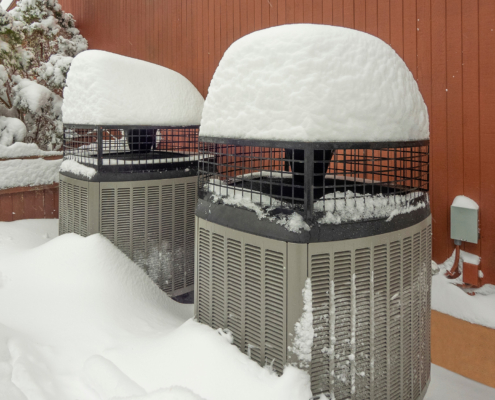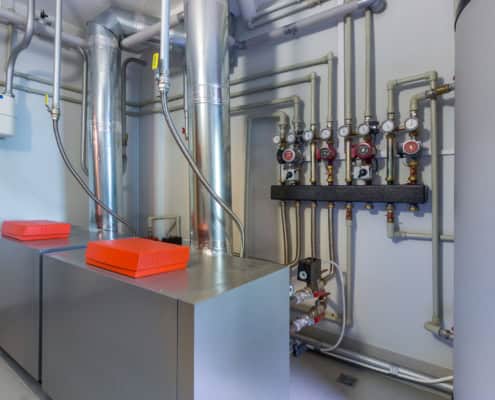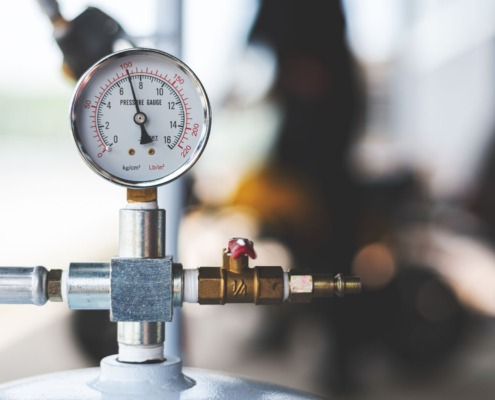 https://agservicestx.com/wp-content/uploads/2025/05/The-Role-of-Commercial-Air-Compressors-in-Various-Industries.jpg
1250
2000
AbstraktMarketing
/wp-content/uploads/2021/02/cropped-AG-Piping-01-300x30m-300x300.png
AbstraktMarketing2025-05-21 12:24:582025-07-04 20:23:06The Role of Commercial Air Compressors in Various Industries
https://agservicestx.com/wp-content/uploads/2025/05/The-Role-of-Commercial-Air-Compressors-in-Various-Industries.jpg
1250
2000
AbstraktMarketing
/wp-content/uploads/2021/02/cropped-AG-Piping-01-300x30m-300x300.png
AbstraktMarketing2025-05-21 12:24:582025-07-04 20:23:06The Role of Commercial Air Compressors in Various IndustriesThe Impact of HVAC Controls on Air Quality
Indoor air quality(IAQ) plays a significant role in maintaining a healthy and comfortable living environment. It not only impacts our health but also our productivity, mood, and overall well-being. When used appropriately, HVAC controls can significantly contribute to managing and improving indoor air quality.
Understanding the Importance of Indoor Air Quality
Given that a majority of people spend most of their time inside, the quality of the air they breathe is essential. The desired indoor air quality can improve moods, provide comfort, and more. If overlooked, poor air quality can adversely impact our health and well-being.
What Exactly Is Indoor Air Quality?
Indoor air quality or IAQ refers to the air quality within and around buildings and structures, particularly concerning the health and comfort of building occupants. Equipment like HVAC control systems are designed to ensure optimal indoor air temperature and quality. HVAC controls in commercial buildings regulate the heating, ventilation, and air conditioning play a significant role in maintaining a healthy IAQ.
Effects of Poor Indoor Air Quality on Human Health
Poor IAQ could lead to a myriad of health issues ranging from immediate effects like allergies and respiratory problems to long-term effects such as heart diseases and even cancer. These effects are often directly linked to the type and level of pollutants present in the indoor environment. The symptoms may include headaches, fatigue, difficulty concentrating, irritation of the eyes, nose, and throat irritation, and even severe ailments like asthma.
Factors Affecting Indoor Air Quality
Several elements can influence the quality of indoor air. Some of the common factors include:
- Poor ventilation: HVAC systems provide essential ventilation. Without adequate ventilation, pollutants can build up, leading to poor IAQ.
- High or low humidity: HVAC controls help maintain desirable levels of moisture. Too much humidity can lead to mold growth, while very low humidity can cause dry skin and eye irritation.
- Indoor pollutants: This can include tobacco smoke, dust mites, pet dander, and carbon monoxide. These elements can severely degrade the indoor air quality.
How Do HVAC Controls Maintain and Improve IAQ?
HVAC controls are pivotal in improving and maintaining indoor air quality in commercial properties. Here are several ways in which HVAC controls contribute to a healthier indoor environment:
Ventilation Management
HVAC controls regulate the amount of fresh outdoor air brought into a facility. By adjusting ventilation rates based on factors like occupancy and outdoor air quality, the system ensures a continuous supply of clean air while removing indoor pollutants.
Filtration Systems
High-efficiency air filters integrated into HVAC systems capture particles like dust, pollen, pet dander, and other allergens. Regular HVAC maintenance, including filter replacement, ensures that the filtration system operates effectively, preventing the recirculation of airborne contaminants.
Humidity Control
HVAC controls manage humidity levels to maintain an optimal range (usually 30-50%). Proper humidity control helps prevent mold growth, dust mites, and the proliferation of other indoor allergens, contributing to a comfortable and healthy living environment.
Temperature Regulation
HVAC systems provide precise temperature control, creating a comfortable indoor environment. This contributes to occupant comfort and affects the proliferation and survival of indoor pollutants and allergens.
Carbon Dioxide Monitoring
Some HVAC controls incorporate carbon dioxide (CO2) sensors to monitor indoor air quality. Elevated CO2 levels can indicate insufficient ventilation. The system adjusts ventilation rates based on real-time CO2 measurements to ensure a healthy indoor environment.
Zone Control and Airflow Direction
HVAC controls with zoning capabilities enable tailored temperature and ventilation settings for different areas of the building. Proper control of airflow direction and distribution ensures even distribution of clean, conditioned air throughout the living spaces.
Smart Thermostats and Automation
Smart thermostats integrated into HVAC controls allow for automated temperature adjustments based on occupancy patterns and preferences. This enhances comfort and contributes to energy efficiency.
Carbon monoxide, allergens, and high humidity levelscan all impact your facility’s indoor air quality, but these health implications can be avoided with proper HVAC controls. Still not convinced? Learn more about the effects of poor IAQ here:
Signs Your Building’s Indoor Air Quality Could Benefit From HVAC Controls
Most buildings have integrated HVAC systems into their structures, but that doesn’t necessarily mean they’re operating as efficiently as possible. This leads to decreased indoor air quality over time, which can cause sickness, system failures, and more. That’s where HVAC controls come in handy—but how do you know if your building could benefit from these systems?
1. You’re Spending Too Much on Energy Bills
Heating and cooling require high energy consumption. If your facility’s energy bills rise with every season, your HVAC system might be working too hard. Advanced HVAC controls can offer a solution by allowing you to set your preferred energy usage level and helping your system operate at optimum performance. This mechanism helps reduce bills and contributes to a more sustainable environment by reducing carbon footprint.
2. Your Building’s Humidity Is Hard to Control
Extreme humidity levels can create uncomfortable conditions and poor indoor air quality. If your building feels too dry during the winter or overly humid during the summer, your HVAC control system could be the solution to balancing things out. With features like a built-in humidistat, these HVAC controls can auto-adjust humidity levels, making your facility more comfortable for employees and customers while optimizing the efficiency of your air conditioner parts, such as the evaporator and condenser coils.
3. You Notice Unpleasant Odors or Poor Ventilation
Musty odors are a tell-tale sign of poor air quality. If you notice persistent unwanted odors like mold, mildew, or dust, your HVAC control system can help. Unpleasant odors can result from poor ventilation, and your HVAC controls help optimize air circulation, filtering out contaminants and maintaining fresh air for your facility. Furthermore, HVAC controls like air purifiers can be added to your system to help improve air quality by reducing pollutants.
4. You Experience Allergic Reactions or Respiratory Issues
Indoor air quality significantly affects employee health and the health of your customers. Allergies, asthma attacks, and other respiratory problems can escalate if your building has poor air quality. By leveraging HVAC controls, you can monitor and maintain air quality in real-time, eliminating allergens and impurities that pose health risks. Modifying parts like the control board, flame sensor, and gas valve can make a noteworthy difference.
5. You Have Hot or Cold Spots in Your Facility
Last but not least, if you experience uneven heating or cooling in some areas of your facility, your HVAC controls could fix this issue. Zoning systems or variable speed drives can ensure balanced temperature distribution throughout your space. This enhances thermal comfort and efficiently utilizes energy by not overworking certain air conditioning system parts.
Understanding these signs and responding promptly can increase your HVAC system’s longevity, improve your building’s indoor air quality, save on energy costs, and improve overall comfort levels. If you notice any of these signs in your facility, you may want to consider contacting a trusted professional like A&G Services.
Transform Your Indoor Air Quality With A&G Services
A&G Services takes pride in offering state-of-the-art HVAC controls that optimize the climate within your building, prioritizing the health and safety of your indoor environment. Our cutting-edge systems go beyond temperature regulation, incorporating advanced features such as ventilation rate control, filtration systems, and humidity management to significantly enhance indoor air quality.
Our commitment to innovation ensures that your facility is equipped with HVAC controls that provide the perfect balance of comfort and safety, creating a living space where you can breathe easily with peace of mind. Trust A&G Services for solutions that exceed expectations, making your commercial space a haven of comfort and health.


